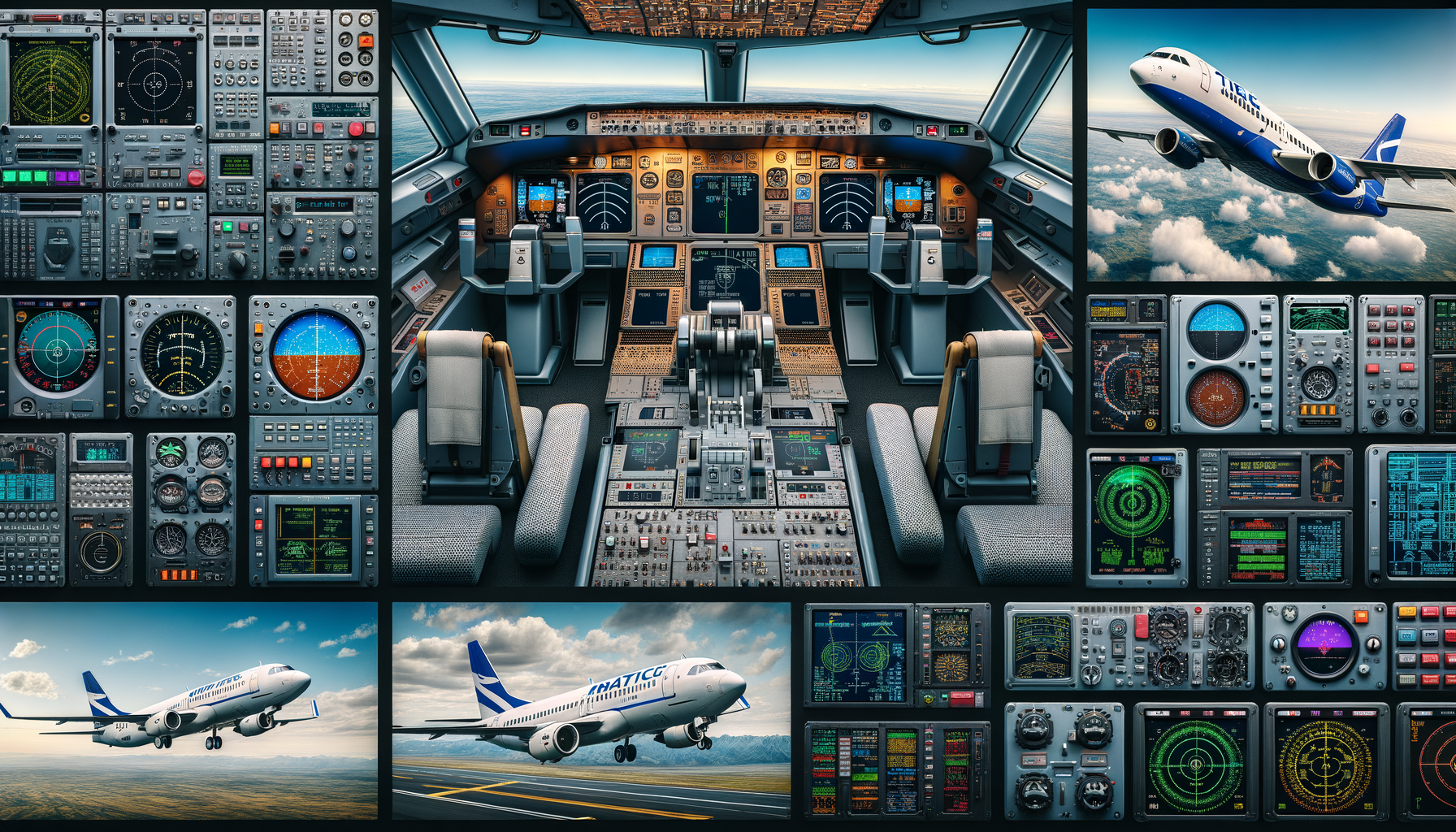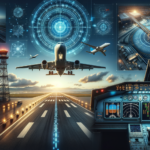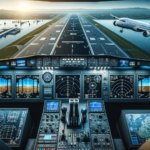Understanding Aviation Training
Aviation training is a critical component in preparing individuals for various roles within the aviation industry. From pilots to air traffic controllers, each position requires specific skills and knowledge. The training programs are designed to ensure safety, efficiency, and competence in the air and on the ground. In Ireland, the aviation sector is a significant contributor to the economy, with airports serving as vital hubs for international travel and commerce. Consequently, there is a continuous demand for trained professionals.
Training in aviation typically covers a range of subjects including aerodynamics, navigation, meteorology, and aviation regulations. These programs are meticulously structured to meet international standards, ensuring that trainees are well-equipped to handle the challenges of the aviation environment. Moreover, the training is not limited to technical skills; it also encompasses soft skills such as communication, teamwork, and problem-solving, which are essential for effective collaboration in high-pressure situations.
For those interested in aviation careers, Ireland offers a variety of training institutions that provide comprehensive programs. These institutions are equipped with state-of-the-art facilities, including flight simulators and advanced training aircraft, to provide hands-on experience. The training not only prepares individuals for immediate roles but also opens up opportunities for career advancement in the aviation industry.
Exploring Career Paths in Aviation
The aviation industry offers a plethora of career paths, each with its unique set of responsibilities and requirements. Some of the prominent roles include pilots, air traffic controllers, aircraft maintenance engineers, and cabin crew. Each of these positions plays a crucial role in ensuring the safety and efficiency of air travel.
Becoming a pilot is perhaps one of the most sought-after careers in aviation. It requires rigorous training and a strong commitment to safety and precision. Pilots are responsible for navigating aircraft, managing flight operations, and ensuring the safety of passengers and crew. The training involves both theoretical knowledge and practical flying experience, often starting with a private pilot license before advancing to commercial and airline transport pilot certifications.
Air traffic controllers, on the other hand, are responsible for managing the safe and orderly flow of air traffic. Their training focuses on mastering radar systems, communication skills, and decision-making under pressure. This role is vital in preventing collisions and ensuring that flights depart and arrive on schedule.
Aircraft maintenance engineers are tasked with the upkeep and repair of aircraft, ensuring they are airworthy and compliant with aviation standards. Their training includes understanding aircraft systems, diagnostics, and repair techniques. Cabin crew members, often the face of airlines, are trained in customer service, safety procedures, and emergency response.
Benefits of Pursuing Aviation Training in Ireland
Pursuing aviation training in Ireland comes with several benefits. The country is home to some of the most renowned aviation training institutions, offering high-quality education and training programs. These institutions are recognized globally, providing graduates with qualifications that are respected and accepted worldwide.
One of the significant advantages of training in Ireland is the access to a vibrant aviation industry. With several major airports and numerous airlines operating within the country, trainees have ample opportunities for internships, apprenticeships, and employment. The industry’s growth also means there is a constant demand for skilled professionals, making it an attractive career choice.
Moreover, Ireland’s strategic location as a gateway between Europe and North America enhances its appeal as a training destination. Trainees benefit from exposure to a diverse range of aviation operations, from regional flights to long-haul international routes. This experience is invaluable in building a comprehensive understanding of the global aviation landscape.
In addition to technical skills, training programs in Ireland emphasize the development of interpersonal skills and cultural awareness, preparing individuals for the diverse and dynamic environment of international aviation. This holistic approach to training ensures that graduates are not only technically proficient but also adaptable and ready to meet the challenges of a globalized industry.








